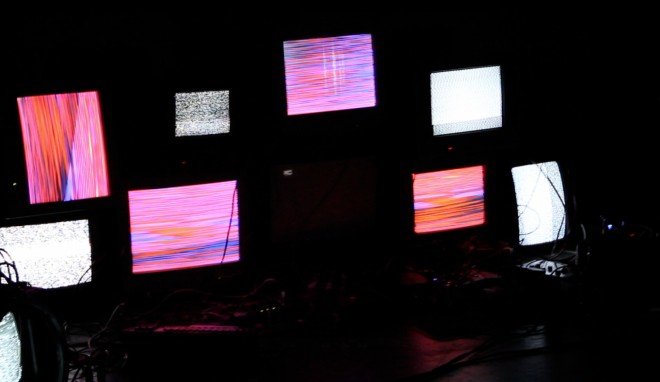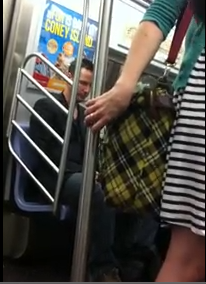By Sarah Meyer
“He will punch you in the face but he won’t stab you in the back.” This was written in 1990 about the man who had just become the CEO of the Chicago Tribune. His name is Charles Brumback, and he is responsible for the Tribune’s acquisition of the Chicago Cubs, an asset they’ve recently sold in attempts to stave bankruptcy; the creation of WGN and the now defunct WB; and for breaking up the 1991 New York Daily News labor dispute by firing everyone involved and selling the paper to Robert Maxwell. This man, who was never concerned about the happiness of others, or really about happiness at all, is also responsible for the creation of my mom. My sister and I call him Papa.
A decade after he vacated the desk on the 24th floor of the Tribune Tower, he moved around the corner from my parents’ house in Florida, bought the boat he ended up hardly using, had a handful of strokes and watched my grandmother die of cancer in the recliner next to him. Now he is in charge of very little, whereas even after his professional retirement my grandfather still held a position not too dissimilar from CEO of this family: greeting us with a handshake, or scaring the shit out of us with that game where he rubbed his palms together and then suddenly smacked them in our face. He would do that and then say, “Don’t be bad or this is what happens.” He and the newspaper industry are on their deathbeds, surprising us on each new day by their mere existence past the point of salience. Soon he will be gone. Soon we won’t see those square, metal newspaper canisters on sidewalks.
“He’s black, but he’s a hard worker.” We would take it to mean: he’s a good guy. “He married a really nice Mexican lady. I can’t remember what she does for a job.” In our family the American Dream is not incrementally larger happiness but success. Success is the drumbeat that will not stop until we’ve achieved it and then achieved the next version of it. Our idea of survival is being good enough, not being alive. My existence is balanced on Papa’s. I am tangled in him no matter what, and it is hard to imagine what life would be like if that weren’t true.
I have moved to Chicago and it is so familiar and so foreign, kind of like a real hometown. When we came to Chicago as children we saw things that other people might never see in their lives and we thought it was normal; we saw snow for the first time and thought it extraordinary. This town directed my life in the way Papa directed the lives of my parents, who were my every day authorities. It was his message parsed through them or sometimes not parsed at all. It was living in Chicago without living in Chicago. I have emigrated from a small country of people whose devotion to one man is felt here, too, in his town. When he dies, I imagine that the absence of space will just become its own space, and we will form ourselves around that as we look to the future.







